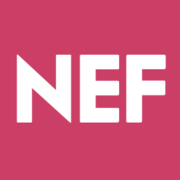Monthnotes June 2025
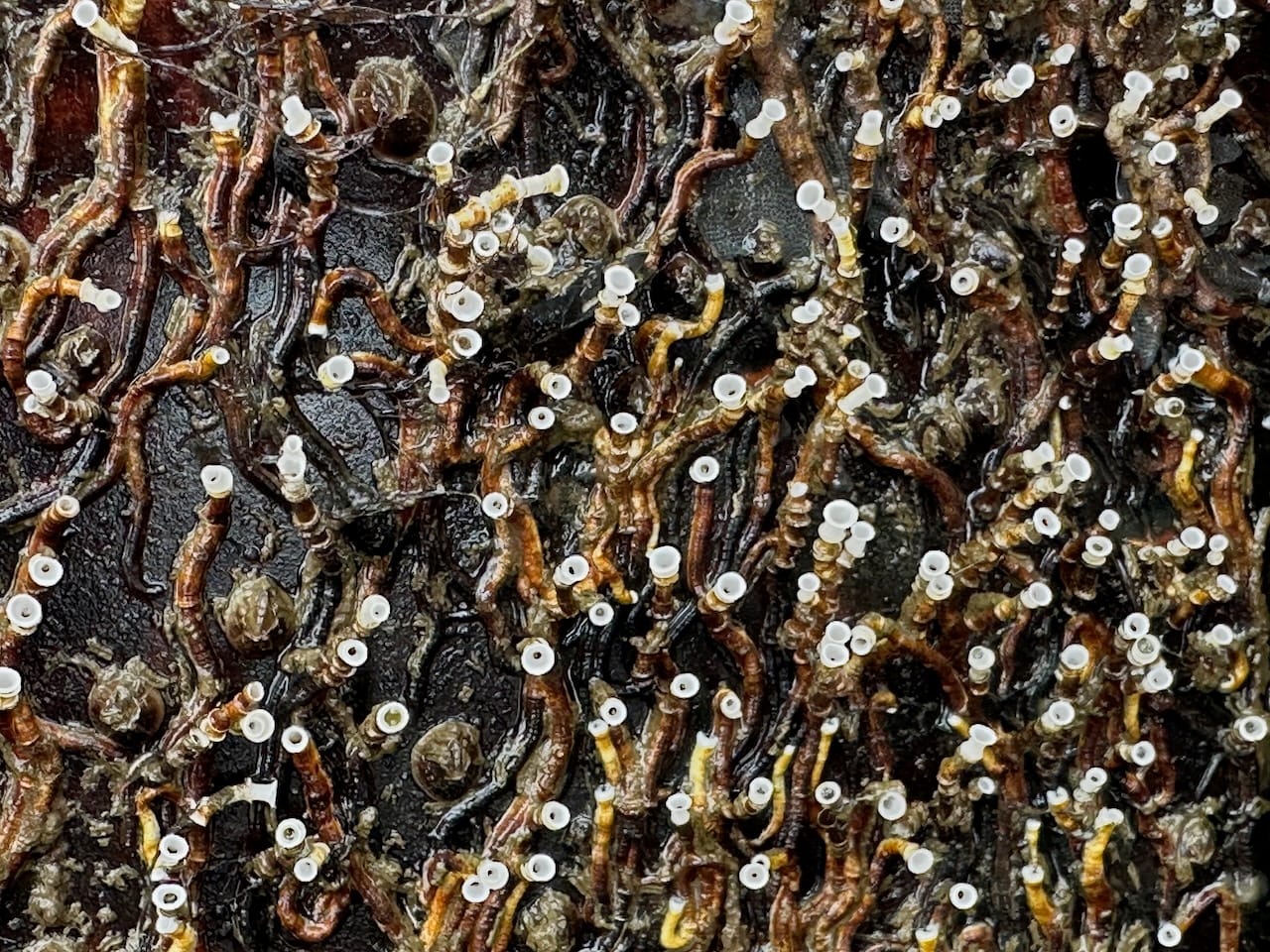
Every month or so, I share a quick digest of my recent input and output. Here's the latest. More in the series here.
June is turning out to be a busy month. A combination of looming deadlines and lots of extracurricular activity have meant are keeping my days full, which would be good, but unfortunately the onset of grass pollen season is keeping my airways full too. Doing my best and soldiering on.
I did the data visualization work for this report on modernising the air transport tax system in the UK. Kind of a dry topic, but super-important if we're going to successfully reduce the number of people flying.

One of my favourite graphics was this one, which shows a breakdown of the purpose of flights taken by people resident in the UK. Holidays are by far the biggest chunk, more than double the size of "visiting friends and family", which in turn is four times larger than business travel.
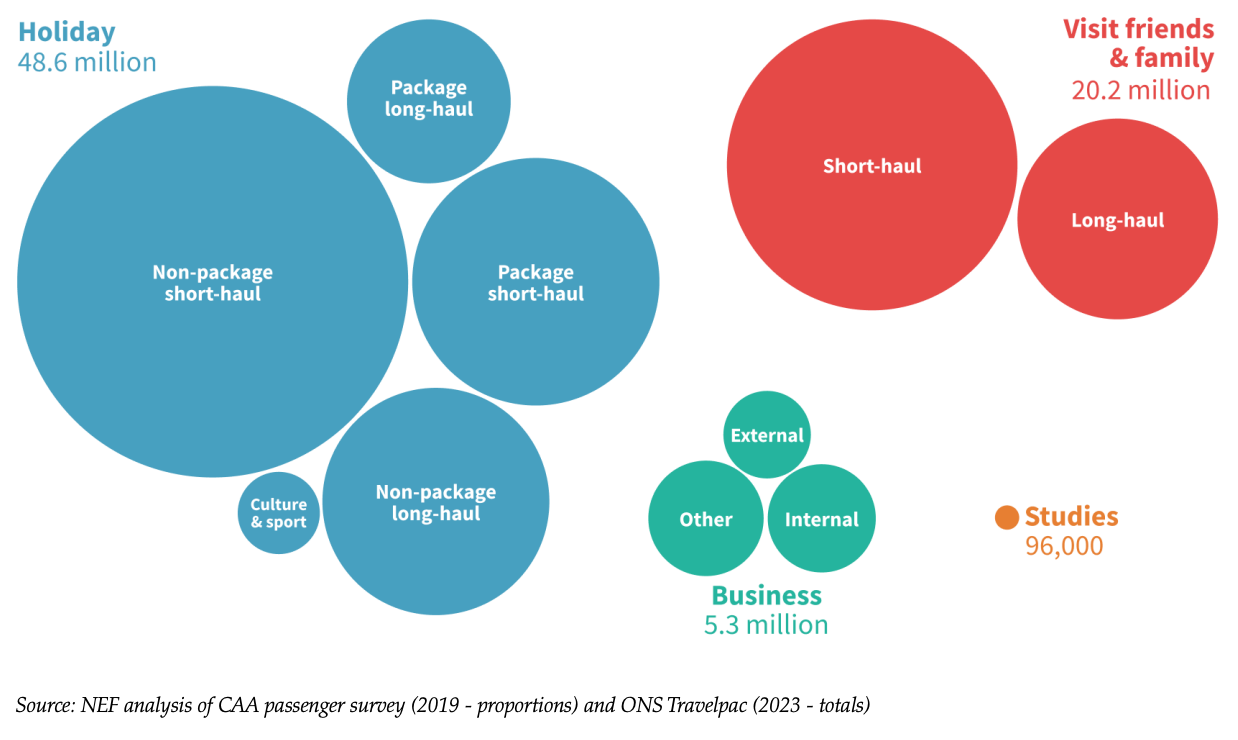
But! These holiday flights are not distributed equally among the population. This next chart shows the average number of flights taken by income bracket:
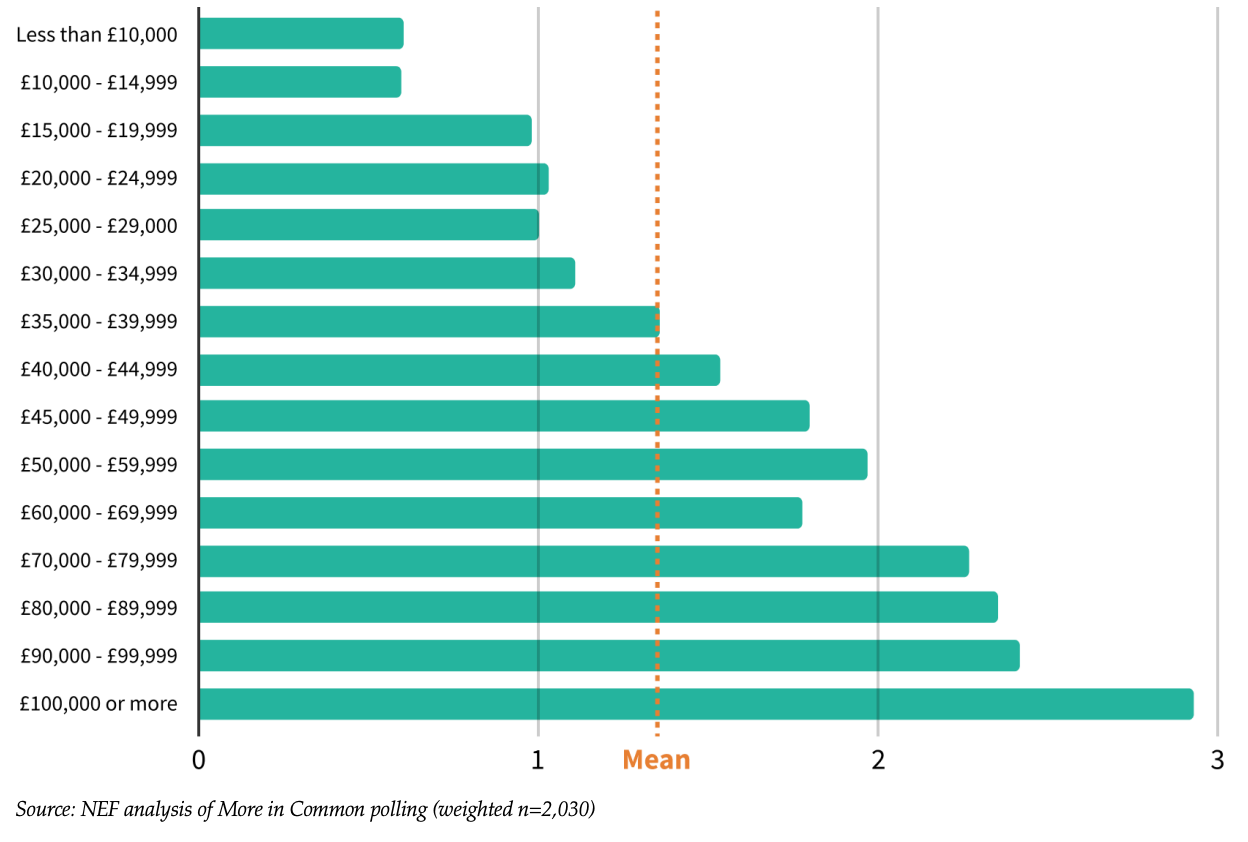
And this next one, which didn't make it into the report but we're using on socials, shows that it's frequent fliers - people doing three or more round trips by plane each year, just more than 10% of the population - that account for the majority of the emissions.
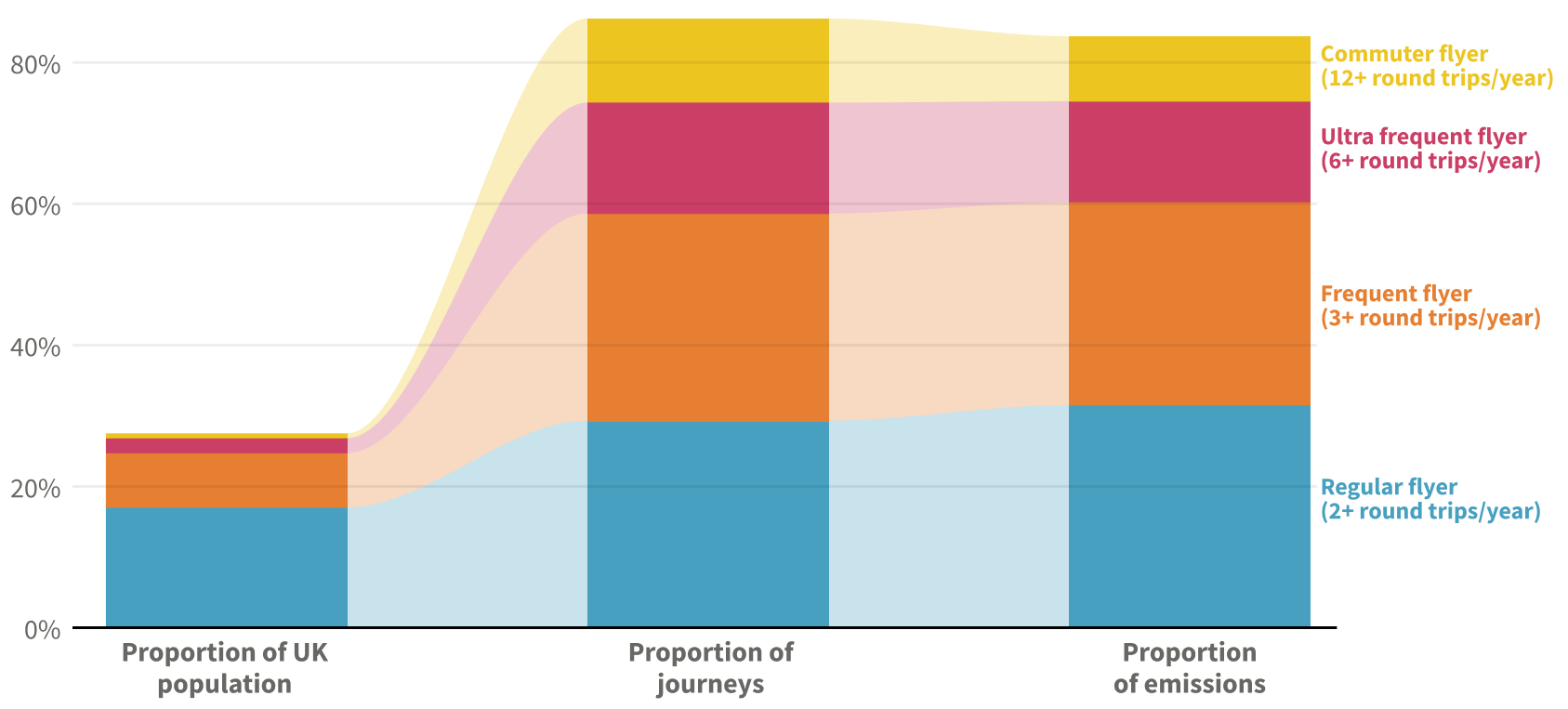
The obvious answer? A tax on flying that gets higher the more flights you take in a year. By doing this, we could reduce emissions dramatically while even offering a discount on the cost of the first flight a person takes in a year. Here's what the effect of that, and a few other policy tweaks, would be on carbon emissions. Plus it would raise about £6 billion a year for the treasury.
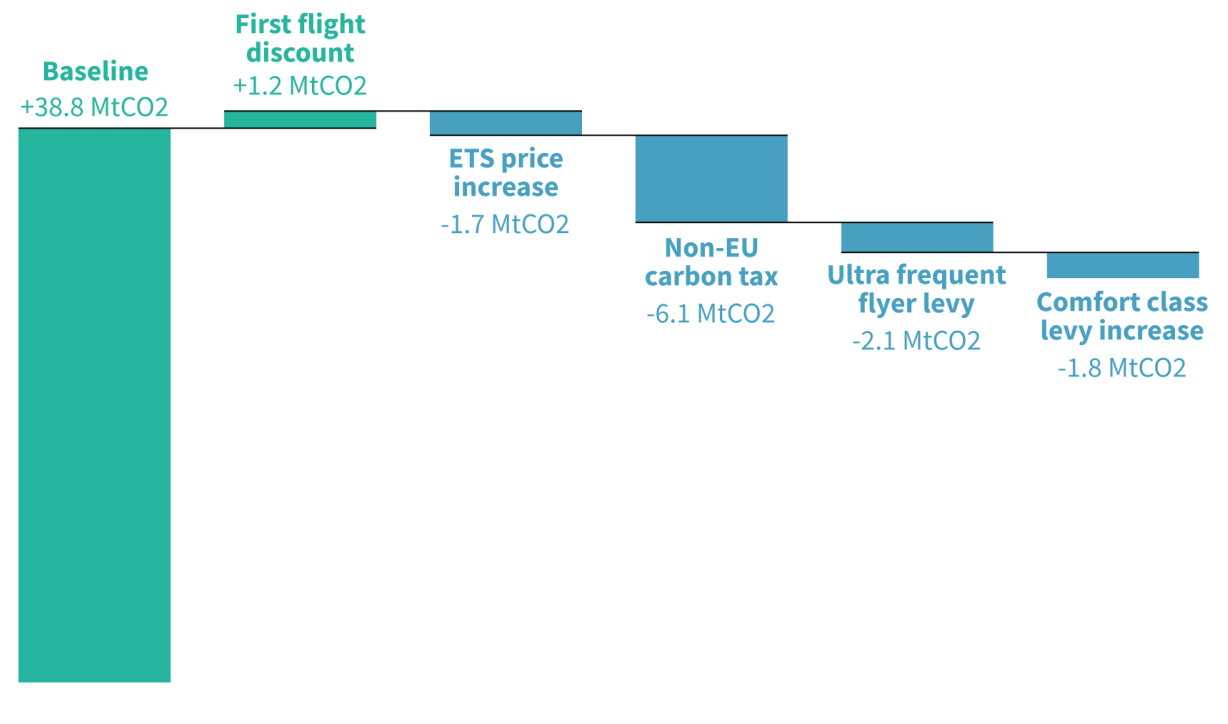
If that sounds good to you, and you live in the UK, Possible has a nice tool that makes it easy for you to email your MP to ask for a frequent flyer levy. Go fill it in.
I am slowly learning that I can't use the word generative any more to describe the kinds of music and visuals that I make. When I say "generative", what I mean is that I create systems with simple rules that result in complex output. But when people who aren't familiar with this hear "generative", they think it means "LLMs and AI".
Setting aside for a moment the fact that the kinds of generative systems that I'm talking about would absolutely have been referred to as "AI" in the 1980s, this does present a hurdle for describing to people what I do (a tough task already). I've been trying out "procedural" (sounds boring) and "systems-driven" (ditto), but I'd love to hear if any of you can think of any better solutions. Maybe I should ask an LLM.
I did a bit of work for activist lawyers ClientEarth earlier this year, creating a visual summary of a report they'd written into the impacts of the Dieselgate scandal, when car manufacturers were found to have cheated emissions testing.
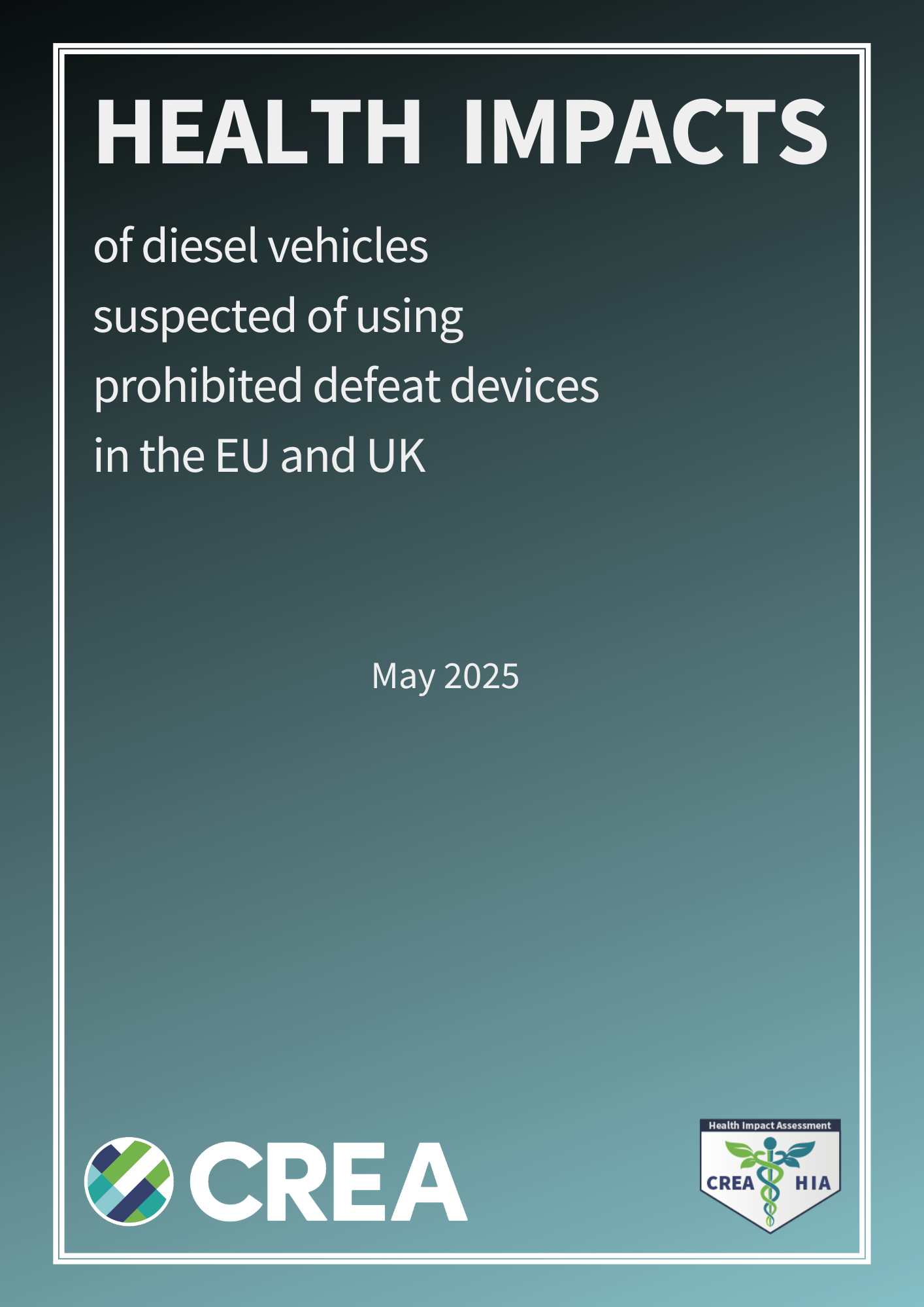
The result? 205,000 additional deaths, 152,000 new cases of asthma in children, 42,000 years of COPD, 24 million extra days of sick leave, and a total economic cost of €1.2 trillion across the EU and the UK. If lawmakers don't take further action, we can expect almost as much again in the next 15 years.
My graphic is below, here's some coverage of the findings in the Guardian, and here's the report.
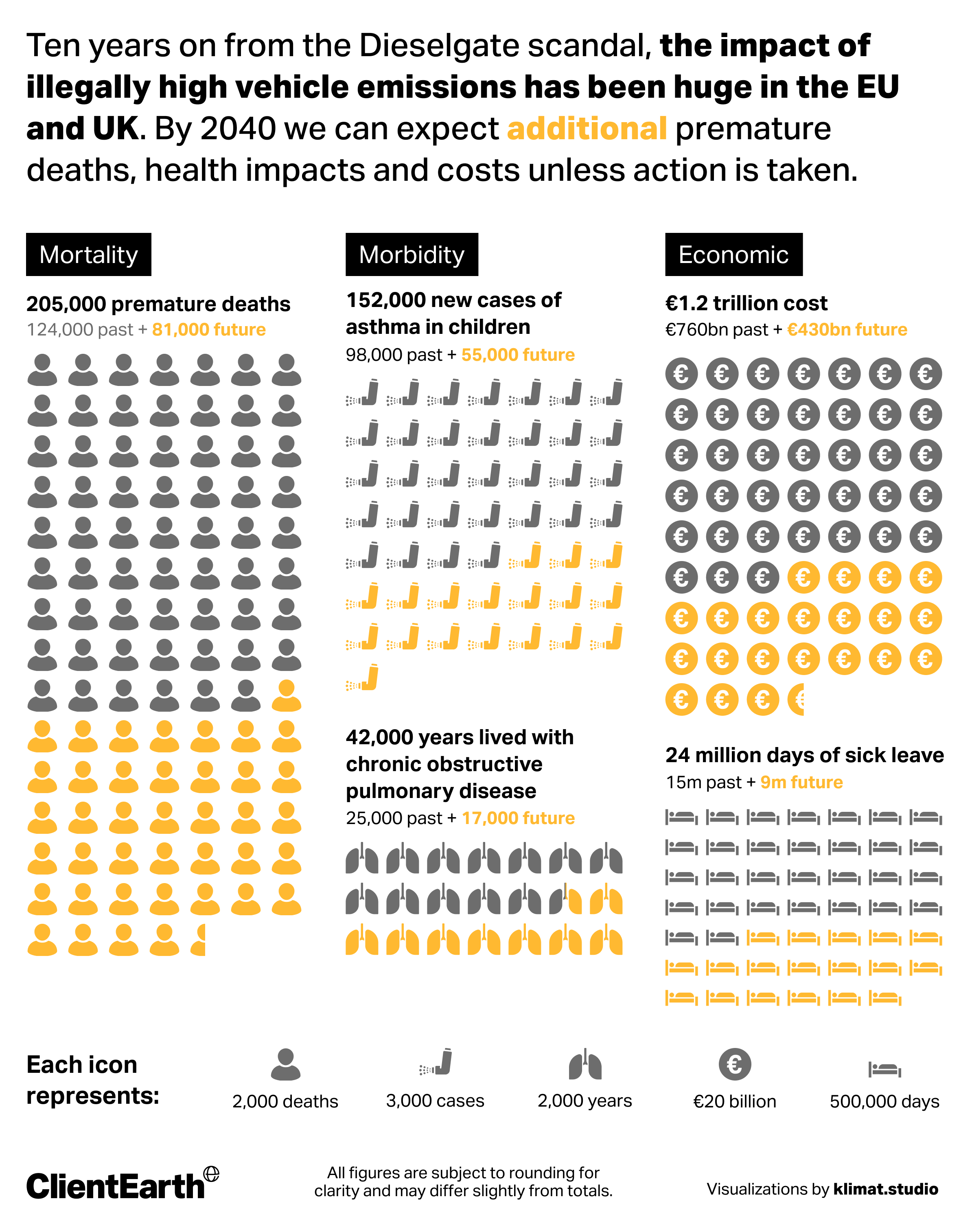
I've been taking a course recently with sound artist n_ev, to try to finally get my head around Max. So far it's great - a really clear walkthrough of how the interface and all the different parts of the software fit together. A potted history lesson into how it came to be like this. And a tonne of cool and useful tools that I can apply to future projects. Lots of fun.
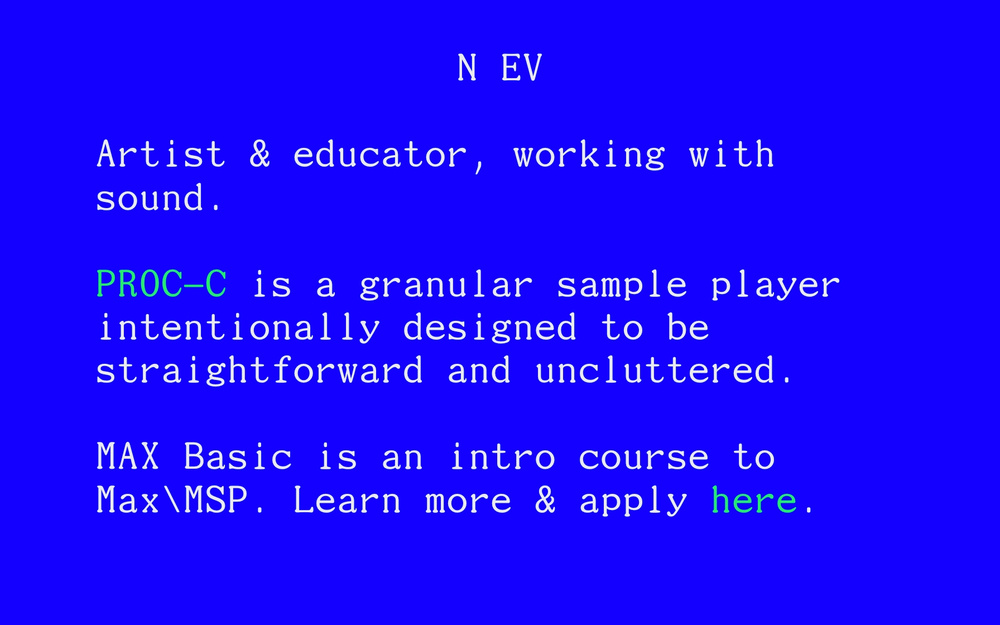
Relatedly, project "make a small physical device that plays ambient sonifications of local API data. Weather data, air quality, ISS position, earthquakes, etc" is proceeding, with the help of RNBO (a Max offshoot, which speaks a more limited dialect of the same language). The hard bit - sound design - isn't started yet (pending completion of the courses above), but I've been making a lot of progress on the tech/hardware side with Silfa's help. Lots of breadboarding and Arduino bits and ordering components. It's fun to tinker.
Project "a choose-your-own-adventure way to navigate through poetry on the web, where it's possible to get stuck in, and to escape, narrative loops" is now complete. I mentioned it last time, but you can check it out at siktdjup.xyz.

This month we did a live performance of it - with my code contributions being replaced by musical ones. In practice that meant underwater hydrophone sound samples being chopped up with Norns, and Mellotron being played through lots of delay and reverb - then Anna doing her poem over the top (through weird pedals) and Simon doing generative visuals. It went down very well.
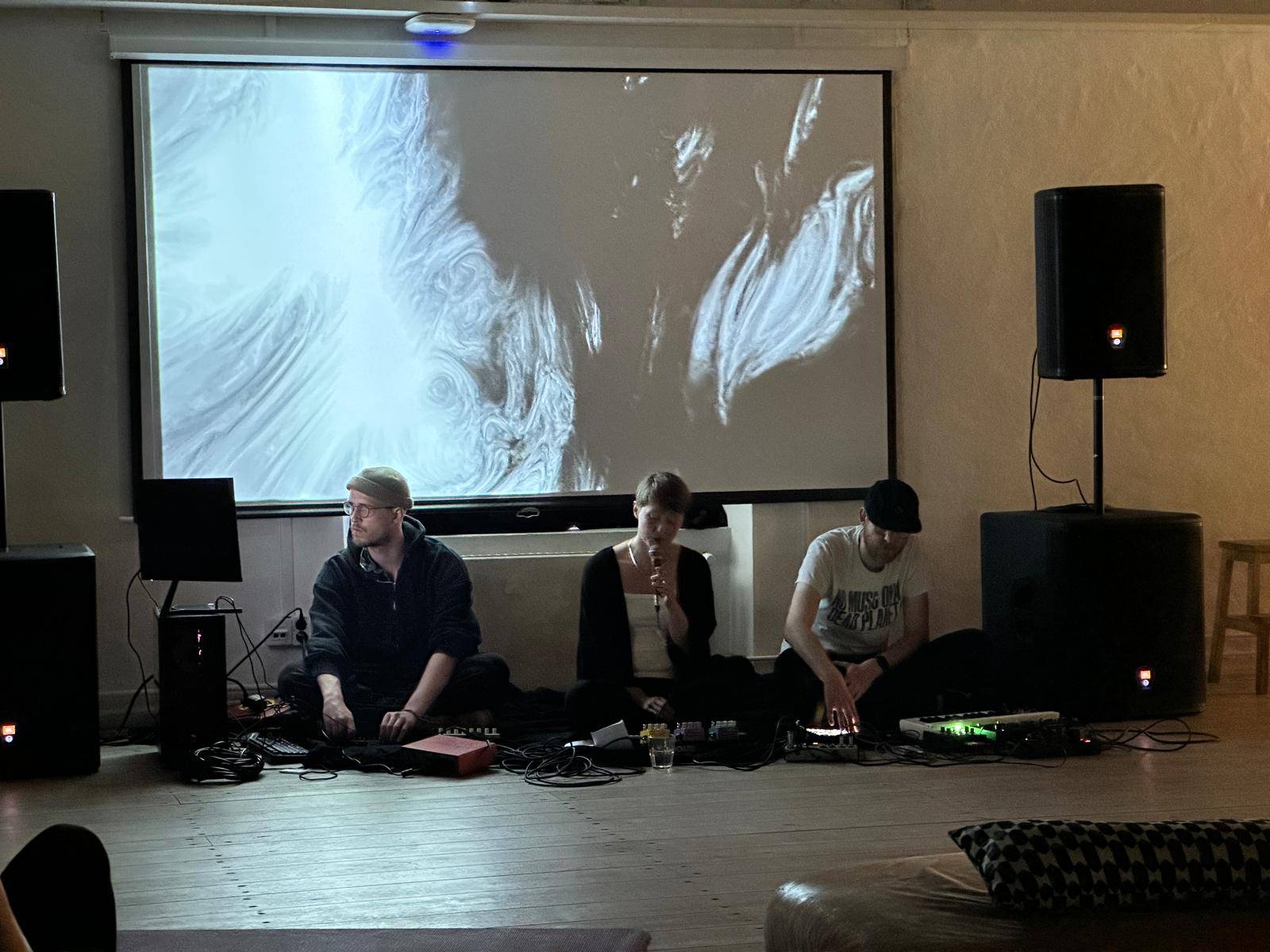
I tried to get a recording of it, but there's a bunch of annoying digital noise over the top of the vocals. So I think we'll need to do a new multitrack recording at some point in the near future. Once that's done, we can get a small release out, so watch this space.
Oh, and if you're in or near Malmö, there'll be a second chance to see it on the evening of 27 March at Poeten på Hörnet in Möllan, at the opening of an exhibition about art countering right-wing radical populism.
That's all I've got for today. I'll leave you with this post by Dan Sinker about AI delivering us into the "Who Cares" era of creativity, where all that matters is how much spaghetti you throw at the wall.
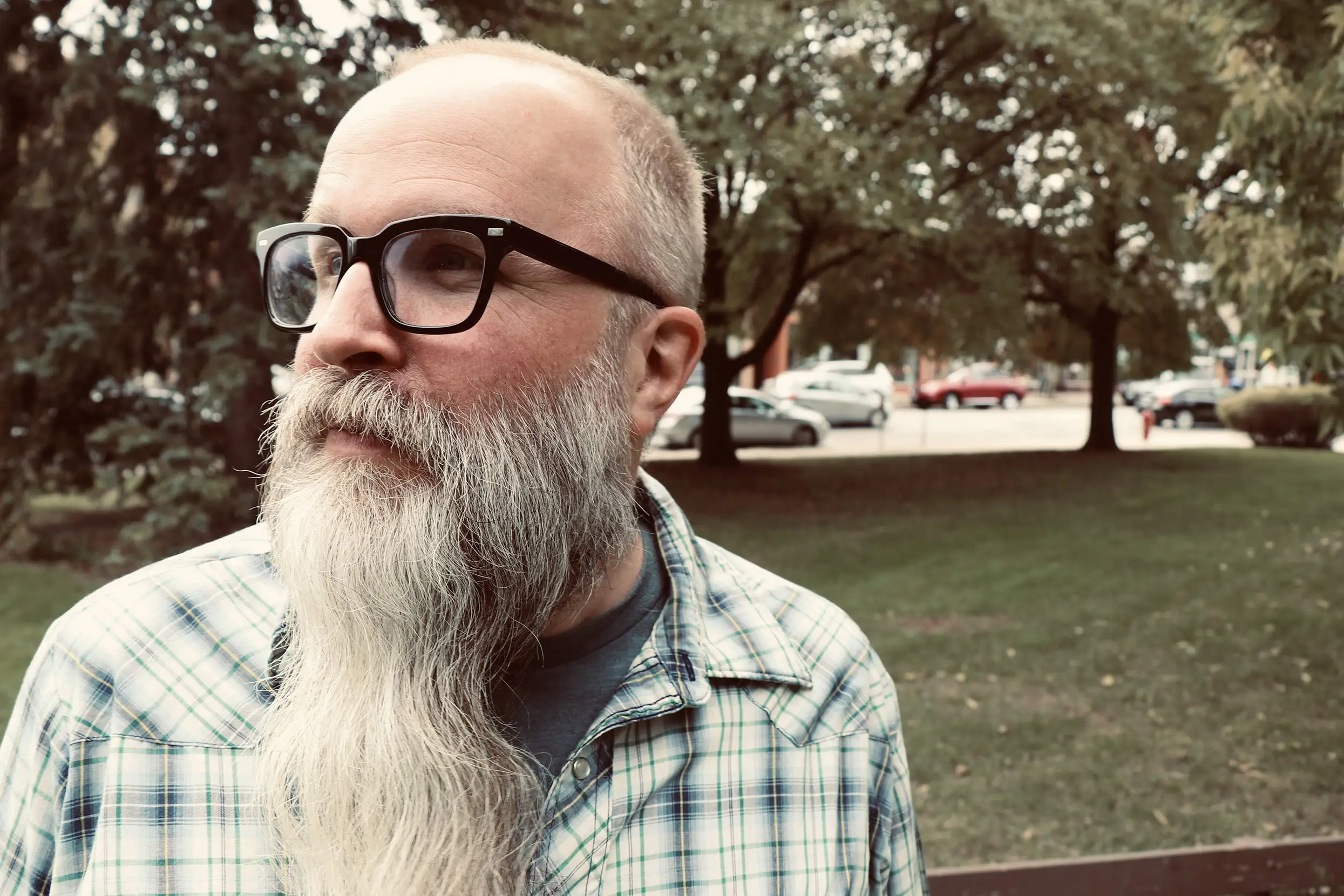
In the Who Cares Era, the most radical thing you can do is care. In a moment where machines churn out mediocrity, make something yourself. Make it imperfect. Make it rough. Just make it. At a time where the government's uncaring boot is pressing down on all of our necks, the best way to fight back is to care. Care loudly. Tell others. Get going.
See you in July.
Duncan
